Turner expands residential options for students with learning disabilities
- Details
 SPRINGFIELD – Illinois students with learning disabilities who historically would have been sent to out-of-state schools will now have the opportunity of gaining an in-state education thanks to a plan backed by State Senator Doris Turner’s (D-Springfield)
SPRINGFIELD – Illinois students with learning disabilities who historically would have been sent to out-of-state schools will now have the opportunity of gaining an in-state education thanks to a plan backed by State Senator Doris Turner’s (D-Springfield)
“We have a responsibility as a state to protect our most vulnerable residents,” Turner said. “This duty means protecting our students and putting their needs first. I hope this law meets the needs of every student in this state while ensuring them a safe learning environment.”
Read more: Turner expands residential options for students with learning disabilities
New Belt law provides financial assistance for utility bills
- Details
 SPRINGFIELD – Residents who struggle to pay water and sewer bills will have additional financial assistance coming, thanks to a measure sponsored by State Senator Christopher Belt (D-Swansea) that was signed into law today.
SPRINGFIELD – Residents who struggle to pay water and sewer bills will have additional financial assistance coming, thanks to a measure sponsored by State Senator Christopher Belt (D-Swansea) that was signed into law today.
“Utility providers will now have the opportunity to opt in to a financial assistance program,” Belt said. “This will help lessen the financial burden that low-income customers face when they cannot afford their monthly utility bills.”
Read more: New Belt law provides financial assistance for utility bills
Local school councils can always fill vacancies under new Peters law
- Details
 CHICAGO – State Senator Robert Peters (D-Chicago) is celebrating Friday’s signing of legislation he sponsored that would allow local school councils of Chicago Public Schools to fill vacancies in almost any situation.
CHICAGO – State Senator Robert Peters (D-Chicago) is celebrating Friday’s signing of legislation he sponsored that would allow local school councils of Chicago Public Schools to fill vacancies in almost any situation.
“Parents, students and other members of the community have the right to have a say in how the schools in their area are run, and local school councils are how that right is realized,” Peters said. “If a small technical rule prevents them from being able to meet, then they need to have the recourse to fix that issue, and this law accomplishes this.”
Read more: Local school councils can always fill vacancies under new Peters law
Insurance must cover pancreatic cancer screenings under Johnson law
- Details
 SPRINGFIELD – In memory of many friends and loved ones who have succumbed to the disease, State Senator Adriane Johnson (D-Buffalo Grove) sponsored a law to encourage early detection and improve outcomes by expanding access to pancreatic cancer screenings.
SPRINGFIELD – In memory of many friends and loved ones who have succumbed to the disease, State Senator Adriane Johnson (D-Buffalo Grove) sponsored a law to encourage early detection and improve outcomes by expanding access to pancreatic cancer screenings.
“Pancreatic cancer can be deadly, but early detection makes a significant difference for patients’ length of survival and quality of life,” Johnson said. “I’m proud to have sponsored this law to make screening accessible and affordable for every Illinoisan.”
The measure requires all Illinois health insurance providers to cover medically necessary pancreatic cancer screenings.
Read more: Insurance must cover pancreatic cancer screenings under Johnson law
More Articles …
Page 559 of 733

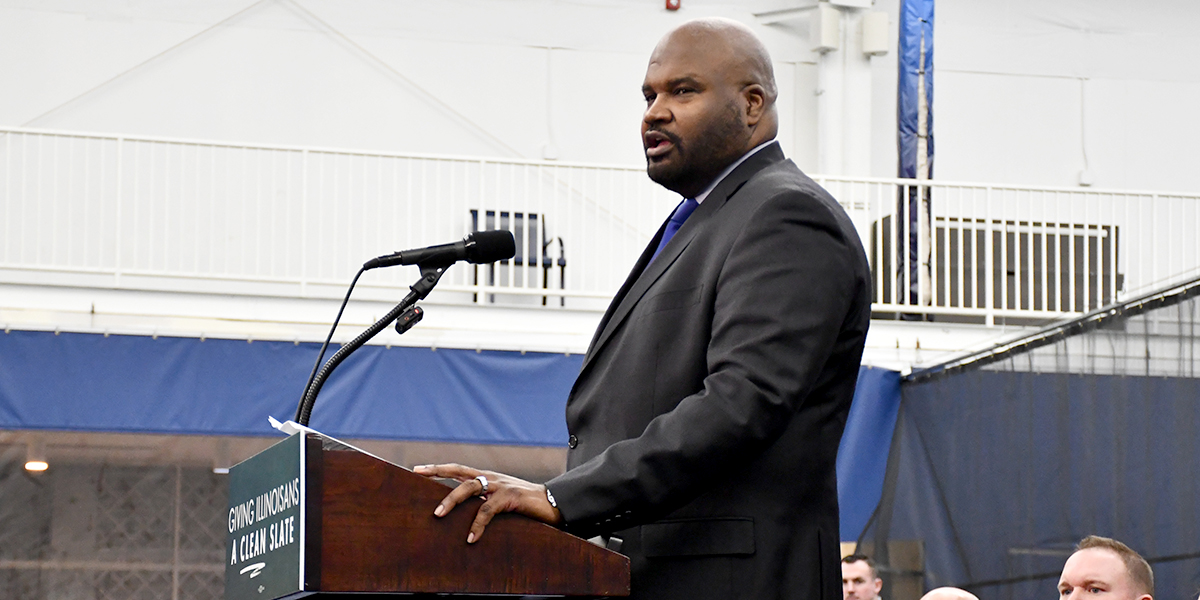
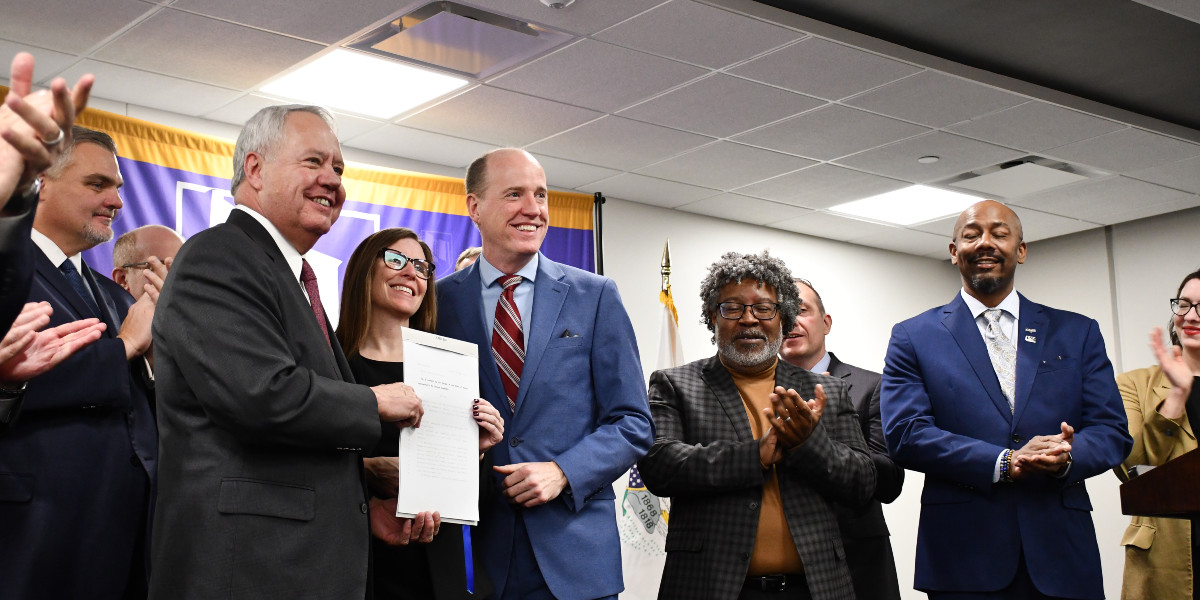
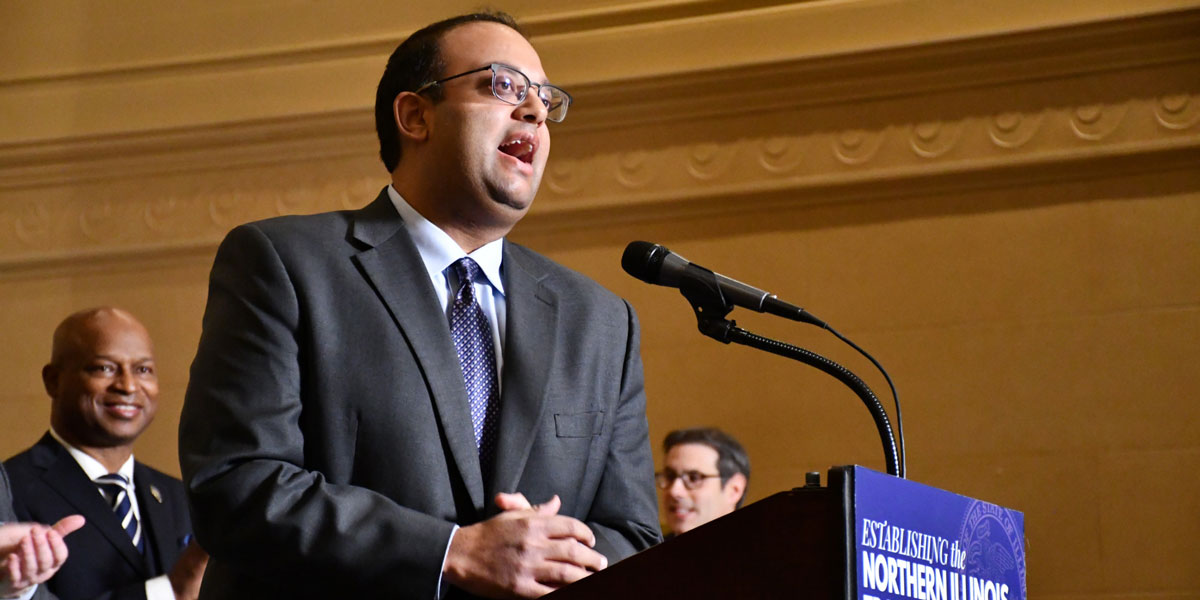
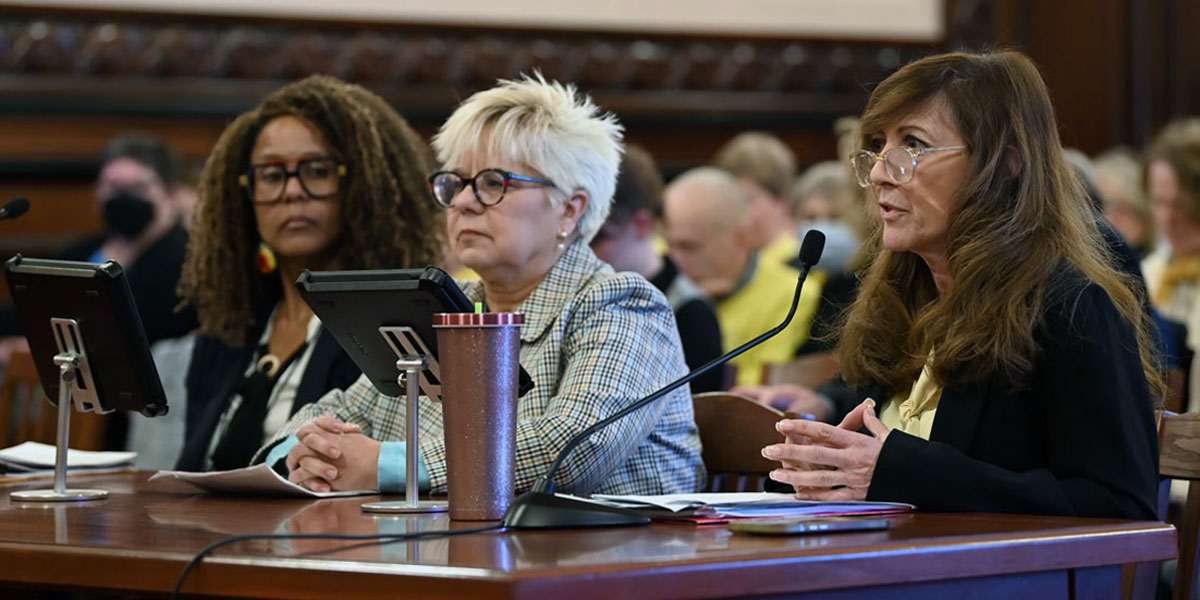
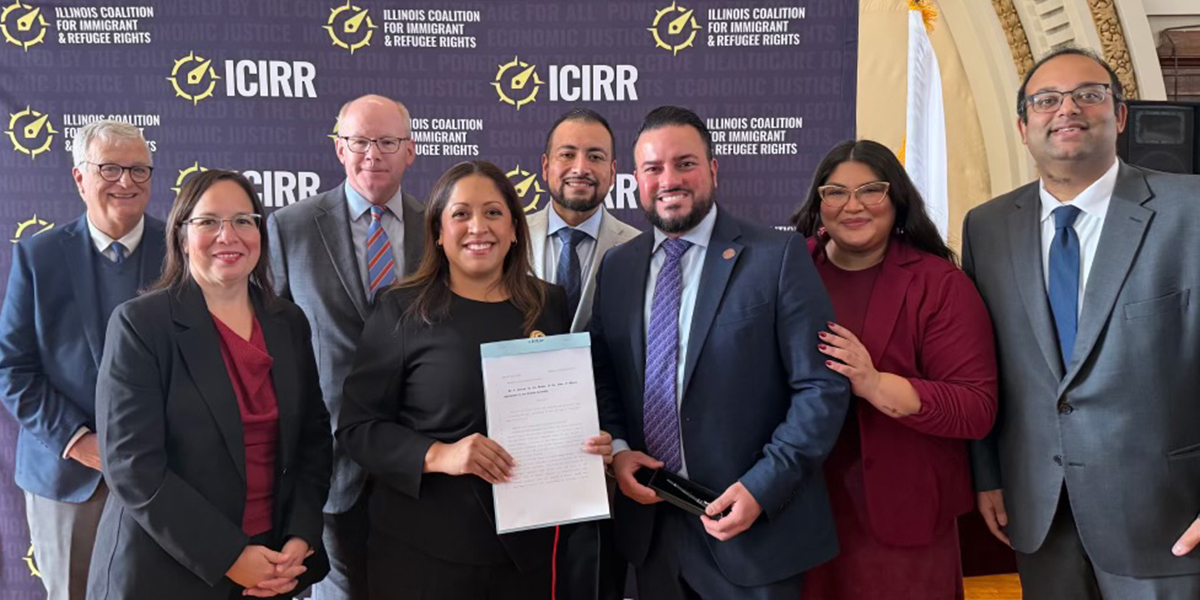


















 © 2026 Illinois Senate Democratic Caucus
© 2026 Illinois Senate Democratic Caucus